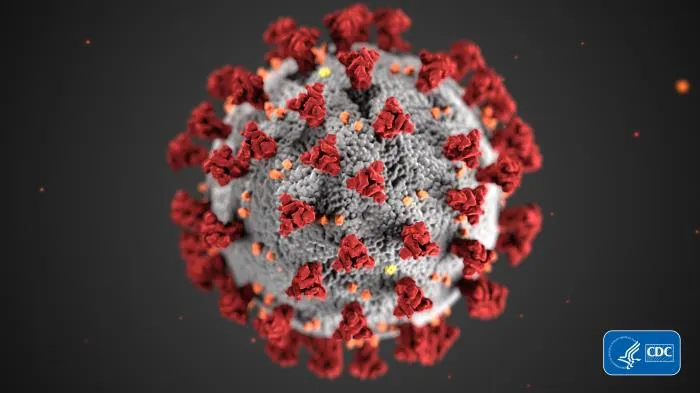The escalating COVID-19 coronavirus situation has led Northern to restrict university-sanctioned travel to any countries issued Level 3 or higher travel warnings by the Centers for Disease Control (CDC) and/or the U.S. Department of State. These currently include China, Iran, Italy and South Korea.
With cases also reported on the domestic front—though not in Michigan as of yet—NMU is working with the Marquette County Health Department and UP Health System-Marquette to develop testing and quarantine protocols for potential COVID-19 and influenza outbreaks. The university is also exploring how Zoom and other technology might facilitate course delivery if either health issue becomes prevalent on campus, prohibiting face-to-face classroom lectures.
“Those are worst-case scenarios that we plan for, but hope we won't ever face,” said NMU President Fritz Erickson in a March 4 email to students, faculty and staff. “However, if we do, we will be as ready as we can be. We plan to update the campus on a regular basis regarding what we are learning about the situation and what we are doing in response. We continue to follow the directives of the U.S. State Department and the CDC. Today, our collective best action to prevent the spread of any type of infection, including influenza or COVID-19, is to be diligent about practicing good hygiene.”
Recommendations include frequent hand washing, avoiding close contact with sick individuals, covering mouths and noses with a tissue or sleeve—not hands—when sneezing or coughing, and staying home with a fever of 100.4 degrees or higher. The CDC lists fever, cough and shortness of breath as possible symptoms of COVID-19, adding they may appear 2-14 days after exposure.
Residence hall front desks will be supplied with single-use thermometers. If students determine a fever is present, they are advised not to report to class or work until 24 hours after the fever has broken. Anyone concerned about symptoms is urged to contact a physician or the NMU Health Center (227-2355). As a precaution, NMU has also ordered extra quantities of personal protection equipment such as disposable face masks, gloves and respirators, along with surface cleaning supplies, all of which could be in shorter supply if there is a marked increase in the incidence of COVID-19.
According to the CDC, coronaviruses were first identified in the mid-1960s. Some types commonly circulate among humans worldwide, causing mild illness such as a cold. Rarely, animal coronaviruses can infect people and then spread between people. This is the case with the novel virus causing the COVID-19 disease.
Northern previously canceled both a faculty-led study abroad program and student internship opportunities scheduled to begin in China in May. There are two NMU students in South Korea and two in Japan.
“We have been communicating with these students and have offered to assist in bringing them back to the United States and their hometowns, if that is wanted or necessary,” Erickson stated in the email. “We will make a decision about all upcoming university-sponsored international travel, including the six faculty-led study abroad courses scheduled for this summer, later in the semester. We continue to advise NMU community members involved in personal or university-sponsored travel to other nations to carefully monitor the federal agency travel advisories (cdc.gov and travel.state.gov).”
Erickson urged NMU students and faculty traveling overseas during spring break to sign into the NMU International Travel Registry on the MyNMU portal before returning to campus.
Northern and other universities are using communication channels to strike a delicate balance between planning for the potential gravity of the COVID-19 situation while also acknowledging that the current reality in the U.S. does not warrant excessive fear or anxiety.

